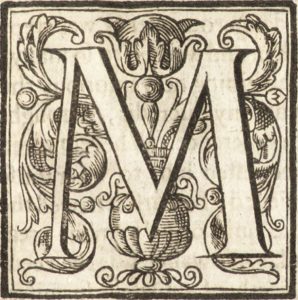 y PhD thesis was supervised by Professor David Rowland of Christ’s College, Cambridge and Dr Naomi Barker of the Open University, and examined by Professor Jo Wainwright and Dr Helen Coffey. It seeks to present an investigation into the nature and use of the consort organ in English secular instrumental music of the seventeenth century, with a view to informing present-day performance practice.
y PhD thesis was supervised by Professor David Rowland of Christ’s College, Cambridge and Dr Naomi Barker of the Open University, and examined by Professor Jo Wainwright and Dr Helen Coffey. It seeks to present an investigation into the nature and use of the consort organ in English secular instrumental music of the seventeenth century, with a view to informing present-day performance practice.
The thesis may be obtained here.
An abstract may be found below.
‘A Holding, Uniting-Constant Friend’: The Organ in Seventeenth-Century English Domestic Music
Whilst the English string consort repertoire has been widely studied from the perspective of the viol and violin, the role of the consort organ and organist has remained neglected. This study seeks to redress this through the interrogation of manuscript sources, contemporary writings and extant instruments to illuminate a variety of performance practice issues. The development and organology of the instrument is considered, focussing particularly on the distinctive methods of construction and voicing that were designed to enhance the instruments’ role in playing with string ensembles. The contexts of chamber music at the court, in domestic establishments, and in theatres, choir schools and music meetings are examined from the particular perspective of the consort organ. Manuscript sources, contemporary historical sources and the consideration of extant instruments in relation to their original locations and associated repertoire are interrogated for performance practice information. The role of the consort organist, from both a musical and sociological standpoint, is also discussed. The findings reveal that seventeenth-century usage of the organ differed from present-day practice in a number of key areas, and that the organists’ role encompassed a wider range of skills than is usually called for in performance today. The study concludes that a revised approach to the use of the consort organ in present day performance of the seventeenth-century English consort repertoire is required.
